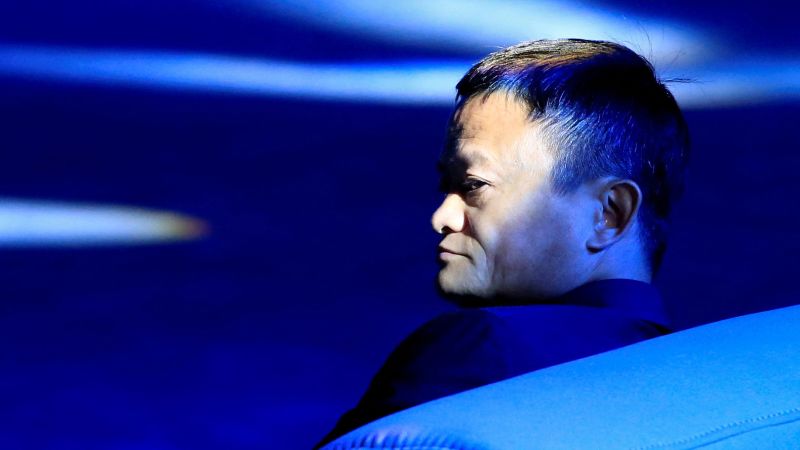Alibaba founder Jack Ma has a new title: owner of “Ma’s Kitchen.”
China’s most famous tech billionaire has thrown his weight behind a newly formed startup, whose name in English translates to “Hangzhou Ma’s Kitchen Food.”
According to Chinese public records, the company was incorporated last Wednesday in Hangzhou, Ma’s hometown in eastern China that also serves as the base for e-commerce and tech giant Alibaba (BABA).
The new venture will focus on the sale of pre-packaged food, imports and exports, and selling “edible agricultural products,” according to China’s National Enterprise Credit Information Publicity System, a government-run corporate registry.
“Ma’s Kitchen” has registered capital of 10 million yuan ($1.4 million), the system showed.
The business is wholly owned by an entity named Hangzhou Dajingtou No. 22 Arts and Culture, of which Jack Ma has 99.9% ownership, according to Qichacha, a corporate data provider in China.
The new firm has not publicly provided details on its business model, or what kind of food it will sell. The Jack Ma Foundation did not immediately respond to a request for comment on Monday.
Despite the scant details, the setup has prompted speculation that Ma may be looking to get in on a boom in ready-made meals in China.
The Chinese market for ready meals — food that is ready to heat and eat — was worth about 71.1 billion yuan ($9.9 billion) last year, up about 28% from 2018, according to Euromonitor International.
Demand for other types of pre-packaged food has also shot up, with the market for meal kits — food boxes that require simple assembly or cooking — nearly tripling from 10.6 billion yuan ($1.5 billion) in 2018 to 29.1 billion yuan ($4 billion) in 2022, Euromonitor data showed.
While the focus of Ma’s venture is not immediately clear, “this is a space that has a tremendous amount of room for innovation,” said Ben Cavender, managing director of China Market Research Group, a strategy consultancy.
“Packaged meals are becoming increasingly popular,” he told CNN. “Consumers in some cases are choosing these meals as they are trading down and not dining out as much, but are also choosing them for access to variety and due to time constraints.”
He said habits formed during the pandemic — to stay in and opt for convenient food options — as well as an economic slowdown in China were likely prompting more people to turn their attention to the space.
“If, instead, this ends up being more about sales of fresh foods like fruit, there is also demand for a wider variety of high-quality options and reasonable prices, and this is a space where his ties to e-commerce … would add value,” Cavender added.
Ma founded Alibaba in 1999. He stepped down as chairman of the company in 2019, about a year before landing in hot water with Chinese authorities for criticizing Chinese financial regulators and banks. Since then, the entrepreneur has kept a relatively low profile while remaining an Alibaba shareholder.
News of Ma’s latest foray came just as investors were paying close attention to his business interests: last week, he put off plans to sell hundreds of millions of dollars worth of Alibaba shares following a drop in the company’s stock.
Read the full article here





